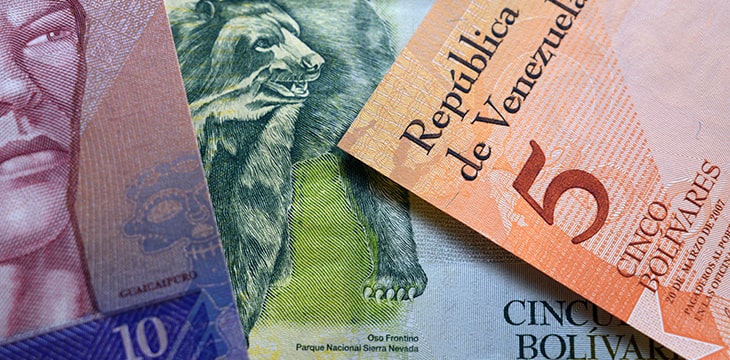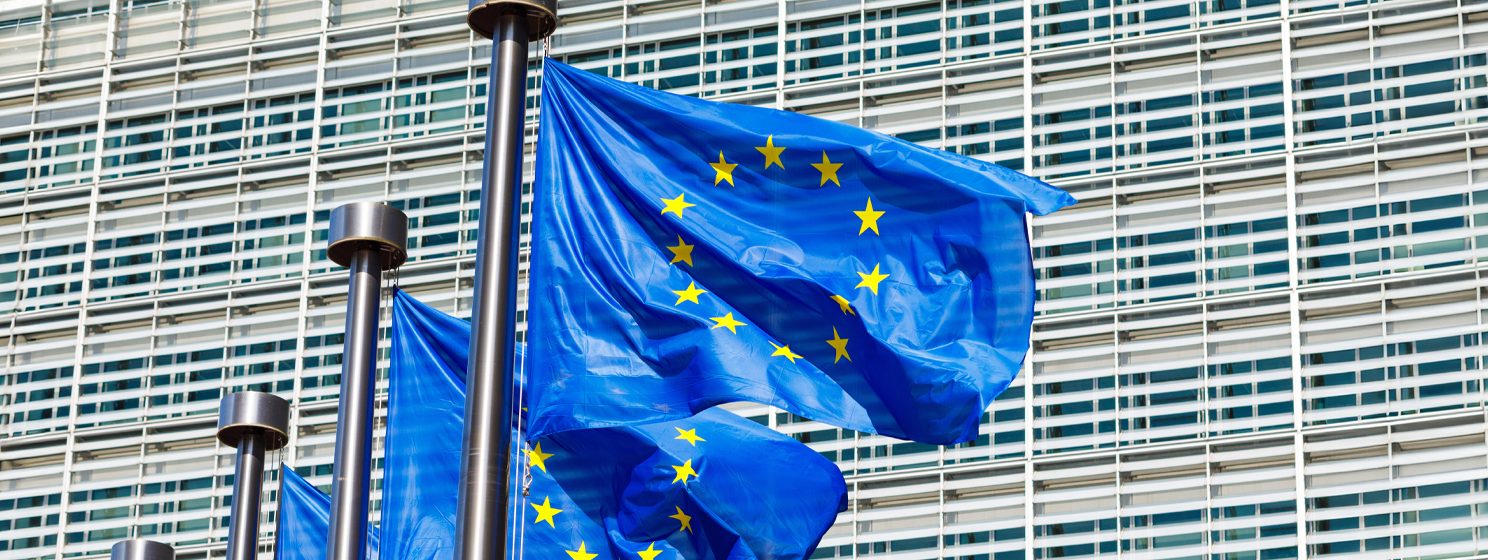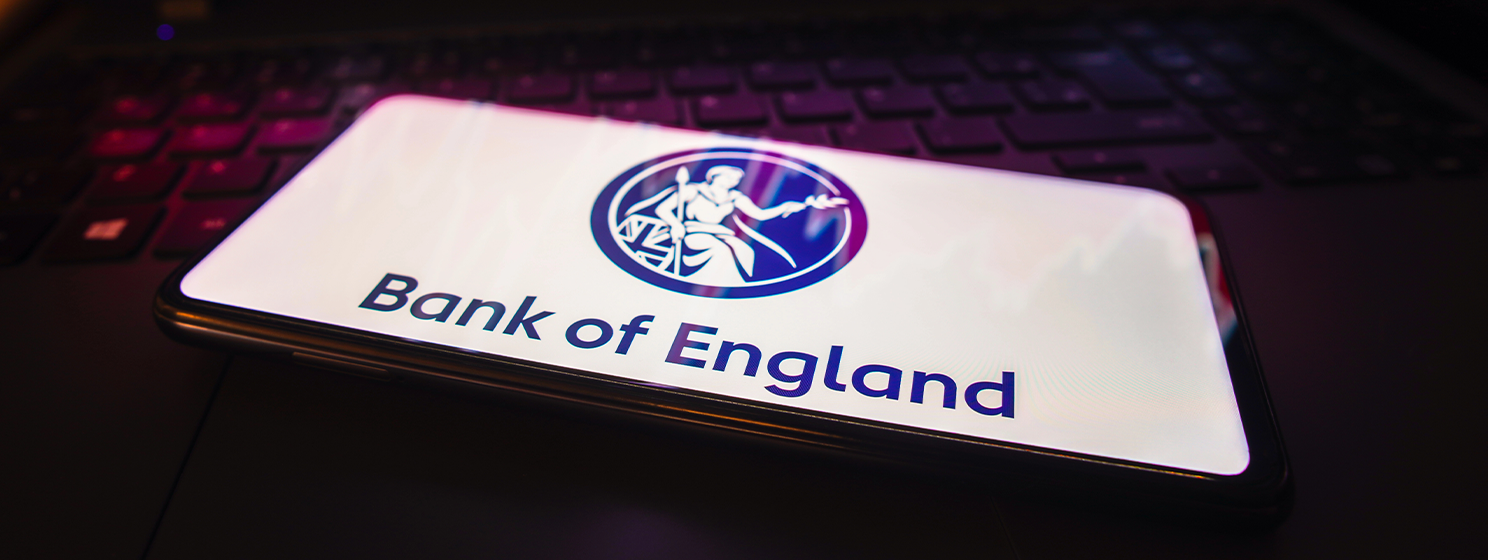|
Getting your Trinity Audio player ready...
|
After years of experimenting with the controversial Petro digital currency, Venezuela is now set to launch the digital bolivar, the country’s version of a central bank digital currency. The digital bolivar will launch on October 1, with the Venezuelan government taking the opportunity to shave off six zeros from the currency.
The digital bolivar was first revealed in February 2021 by President Nicolas Maduro. At the time, he described the currency as “a surprise.” And he kept it so, with very little being revealed in the six months since then.
So, why a digital currency when the country already has the embattled, and controversial Petro digital currency? Well, for one, the Petro has never been afforded the status of legal tender in Venezuela, despite the relentless efforts by President Maduro to promote its usage. The Petro has also defied the efforts of the controversial president, failing to capture the market share Maduro envisioned when he launched it in 2018.
The digital bolivar was announced by the Central Bank of Venezuela via its social media accounts, and later its website.
COMUNICADO OFICIAL🔵| A partir del 1° de octubre entra en vigencia el Bolívar Digital
#BCV🇻🇪 https://t.co/635uhVu1sA pic.twitter.com/aErAOUvwHL— Banco Central de Venezuela (@BCV_ORG_VE) August 5, 2021
The digital bolivar will be issued alongside new physical notes, sources within the central bank have stated. Banknotes corresponding to the new CBDC are already in the process of being issued.
The central bank also revealed that alongside the digital currency, it would also be shaving off six zeros from its currency. This is President Maduro’s effort to reduce the runaway inflation and protect the value of the bolivar.
In the past 15 years, Venezuela has had three re-denominations, all meant to fight hyperinflation, and all failing to do so. In 2007, former President Hugo Chavez shaved off three zeros from the currency. Maduro would later succeed him, and in 2018, he used the launch of the Petro digital currency to cut out five zeros.
For reference, a cup of coffee costs 7.6 million bolivars, which is equivalent to just $2.
According to monetary experts, the shaving off the zeros will make transactions easier for Venezuelans in the short term. However, this is just a band-aid solution that doesn’t address the underlying challenges including mistrust in the currency and massive public spending that’s not matched by local production.
Luis Vicente, a Caracas-based economist told Bloomberg, “Removing those zeros does not solve, at all, the reason that originated the problem. Without resolving the root of the issue, we will have the same problem in months.”
To learn more about central bank digital currencies and some of the design decisions that need to be considered when creating and launching it, read nChain’s CBDC playbook.
Watch: CoinGeek Zurich panel, Digital Technology and the Future of Banking & Financial Services

 02-16-2026
02-16-2026 




